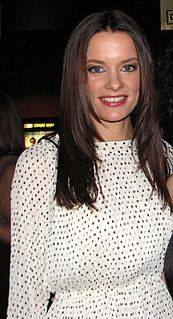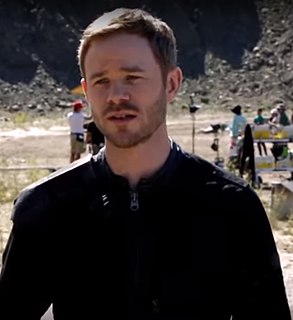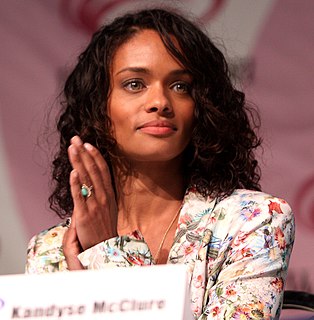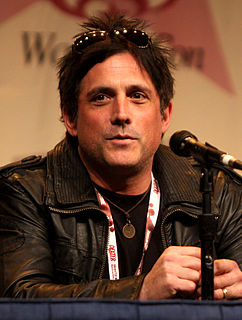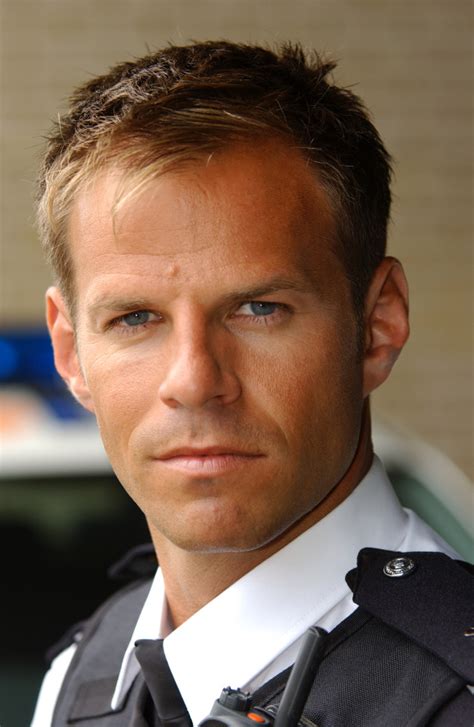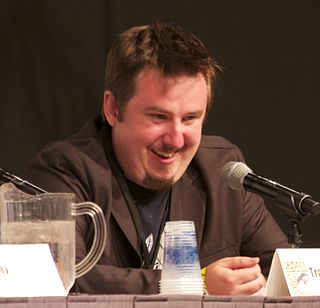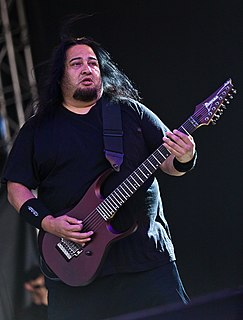A Quote by Gina Holden
I certainly do all sorts of work. I'm very, very blessed to do drama and other types of television, and things like that, but I always go back to sci-fi, whenever possible, because that's really exciting for me.
Related Quotes
I've actually found that most of my jobs have been in sci-fi. I realized it because sci-fi has the biggest fan following. Every time I do a play in London all these sci-fi fans come out. They ask me to sign things from all these little projects that I did. I hadn't even made the connection. It doesn't always have a spaceship and guns; sci-fi has been projected on in someway. I did Never Let Me Go, which is sort of Star Trek-y. It's about the future and training humans. It's sci-fi too. It's such a broad umbrella.
The big thing is it's a domestic drama. Everything else in science fiction tends to be high-concept. Really for the last 40 years or so I think sci-fi's been a little cold and a little inhuman quite often - certainly since the 1980s - and I really wanted to do something that almost felt like a regular, real-life drama but just set it in a sci-fi setting. I think the best stuff is always like that.
It was Sci-Fi and fantasy that got me reading, and Sci-Fi writers in particular have pack rat minds. They introduce all sorts of interesting themes and ideas into their books, and so for me it was a short leap to go from the fantasy and Sci-Fi genres to folklore, mythology, ancient history and philosophy. I did not read philosophy because I set out to become a philosopher; I read it because it looked interesting.
Jeff always says, "In the cinema, everybody goes to sci-fi. Those are the biggest movies. But, in television, nobody wants to touch it with a barge pole." It's strange. I think it's because maybe there's a legacy of television shows that depicted sci-fi in a certain way that turns off a lot of viewers, so maybe there's a negative connotation.
When I was a kid growing up in the '80s, the BBC showed those old Buster Crabbe serials like Flash Gordon and Buck Rogers. So instead of ponderous sci-fi or depressing sci-fi or dystopian sci-fi and all the things we're kind of used to, where it's always raining and it's always dark, I thought, "Wouldn't it be nice to do something that was just fun and absolutely nonstop?" Like, I love writing action, and this thing is that. It's all action.
Joss Whedon writes beautiful drama. His sensitivity and his sense of drama and scenes are pretty exceptional. There's no one else writing like him, really, in sci-fi and TV. That's not to say there are no astonishing writers on TV. I was nervous about coming to America and playing an English person who speaks very English when all the writers are American, because it's a very particular thing to imitate, and if it's badly imitated, it sounds painfully contorted and silly. And he writes very well for English people. It was Joss Whedon who persuaded me.
You sing about the things you're influenced by. So we've been big into sci-fi since we were kids, things like Star Trek etc. Then came movies like Terminator and Dune. Burton is also a really big reader and loves sci-fi novels which helps him write. It's also really cool he does that because it's through the perspective of how we see things going or possibly going.
